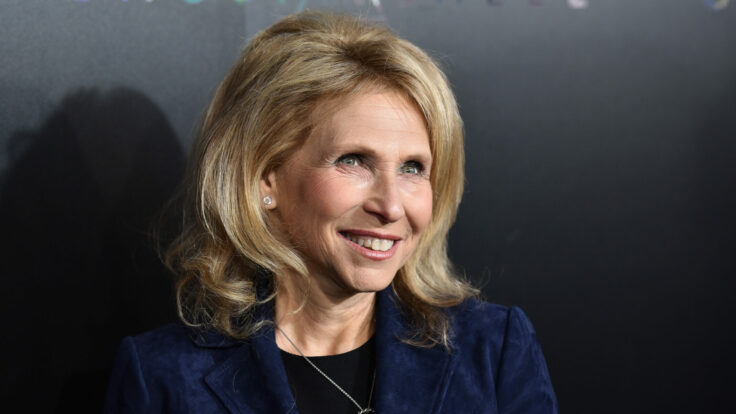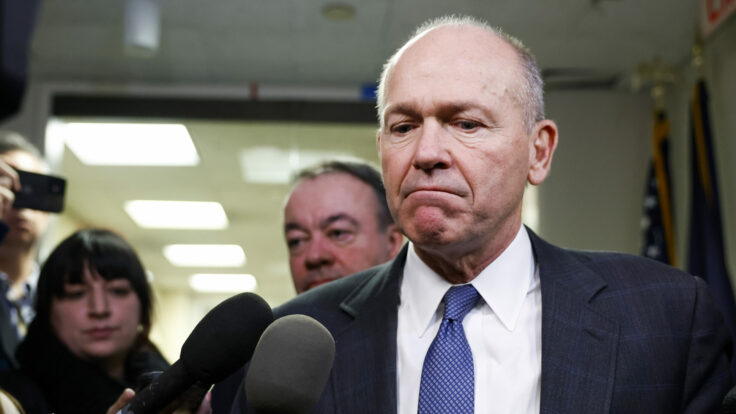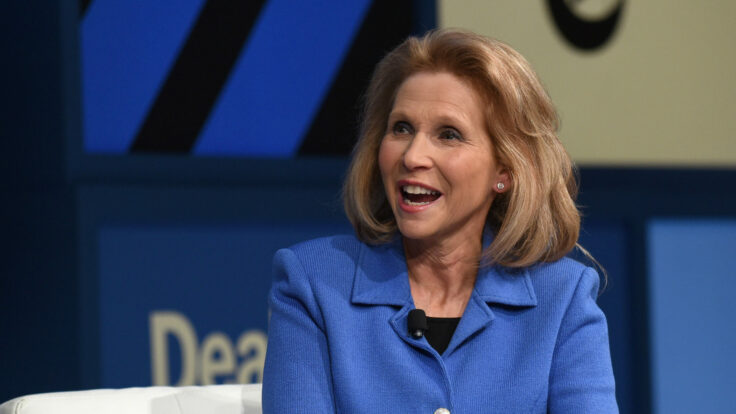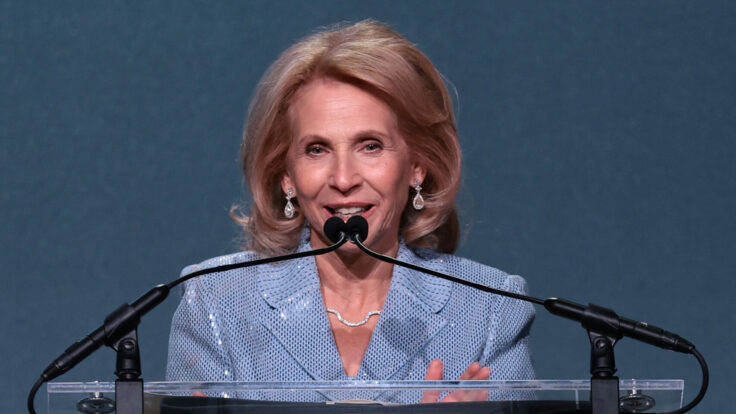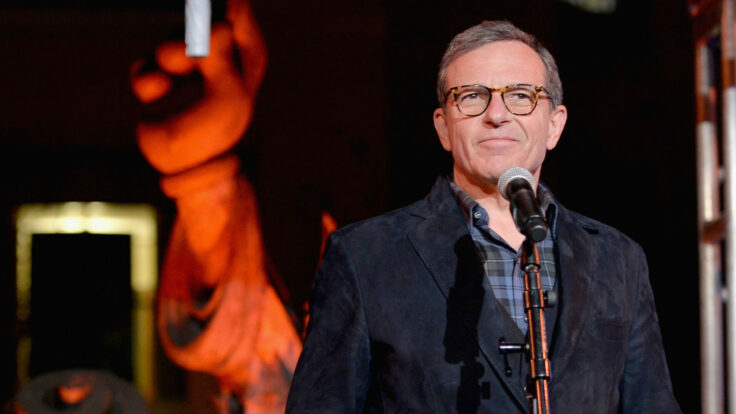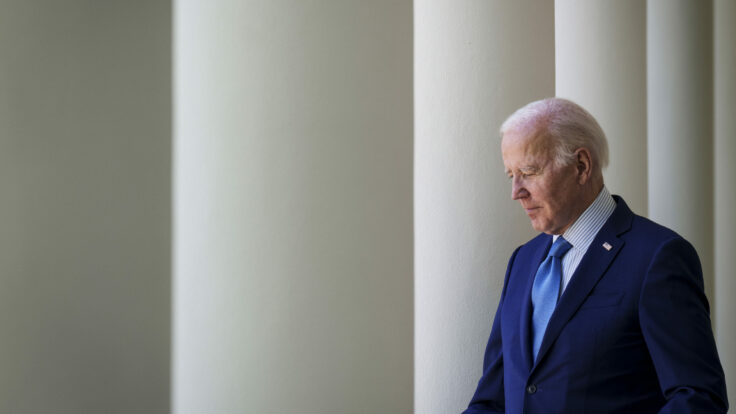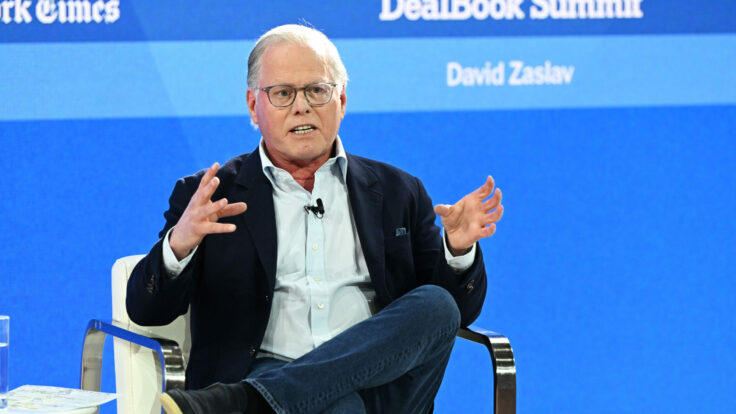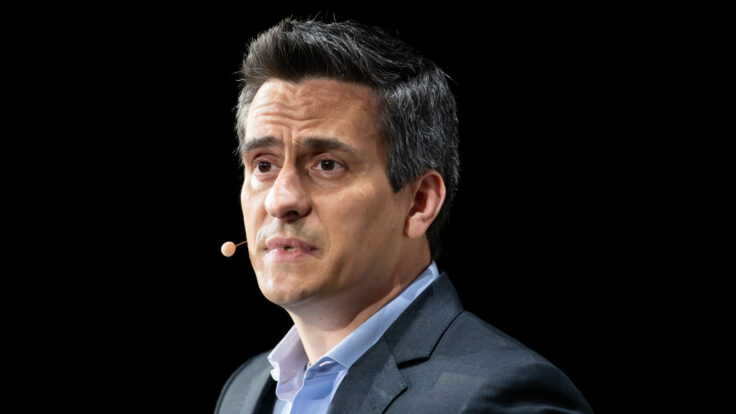Of all the mega-success machines who roam the annual Allen & Company conference in Sun Valley—the tech titans and Hollywood executives, the politicians and TV personalities, the investors and bankers—the most curious and intriguing cohort are always, in my view, the sports owners and commissioners: Roger Goodell and Robert Kraft, Adam Silver and Don Garber, John Henry and Bill DeWitt. Though quite distinct from one another in stature and temperament, they move around the village grounds with a similar, unmistakable self-confidence, comfortable in the knowledge that they are gatekeepers to the media industry’s most coveted and enduring asset: live sports.
Observing them all in the wild last week, I couldn’t help but think of the integral role they will play in the fortunes of the major tech and media companies going forward. Live sports, particularly football, has long been the linchpin of the entire broadcast and cable ecosystem. The most popular show on television every year is Sunday Night Football, followed by Thursday Night Football, followed by Monday Night Football. And now the value of live sports has become even more apparent in recent months as legacy media executives, spooked by the Netflix selloff and a market recalibration, take solace in their vast reserves of linear revenue. As I reported last week, Disney chief Bob Chapek has decided to scrap plans for an ESPN spin-off for precisely this reason.






